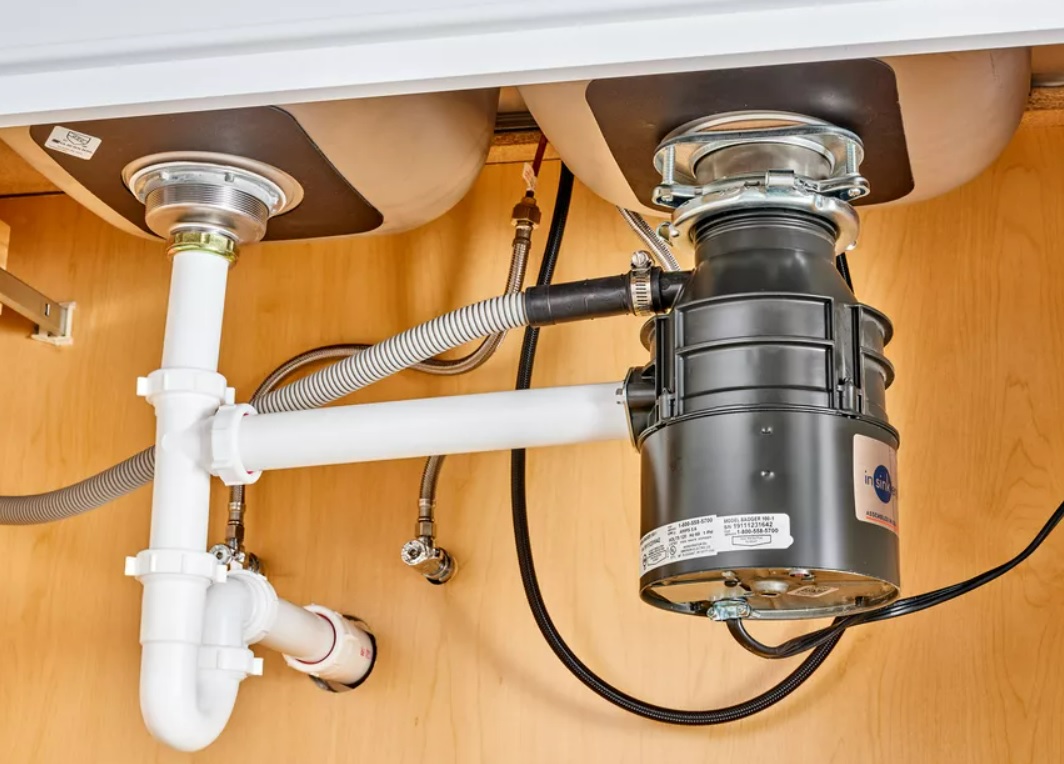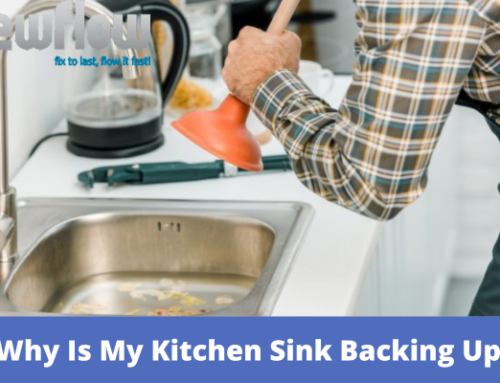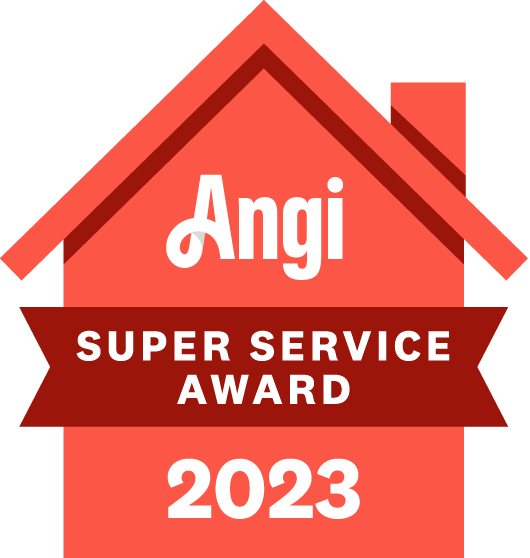Have you ever found yourself standing over your kitchen sink, pressing the switch on your garbage disposal, only to be met with silence? It’s a frustrating situation that many homeowners have encountered at some point. A malfunctioning garbage disposal can disrupt your daily routine and leave you wondering why it’s not working. In this blog, we’ll delve into the common reasons behind non-functioning garbage disposals. Additionally, we will provide valuable troubleshooting tips to help you restore functionality and bid farewell to any kitchen drain problems you may be facing.
Power Supply Problems
The power supply is the first thing to check when your garbage disposal stops operating. Ascertain that it is correctly inserted into a working electrical socket. If you’ve plugged it in and it’s still not working, check the circuit breaker or fuse box to ensure the disposal’s circuit hasn’t tripped.
Overload or Reset Button
Garbage disposals have an overload prevention system to prevent motor burnout. If you overloaded the disposal with food trash, it may have shut down automatically. Look for a little red or black reset button on the disposal unit’s bottom or side. You can reset the motor and resume regular operation by pressing this button.
Jammed or Clogged Impellers
Another common problem is when the disposal’s impellers become jammed or clogged, causing the machine to stop working. Before undertaking any repairs, please turn off the disposal’s power source. With a flashlight, inspect the disposal and remove any visible debris with long-handled tongs or pliers.
Dull or Damaged Blades
Garbage disposal blades can get dull or damaged over time, resulting in diminished performance or complete failure. If you’ve ruled out all other possibilities and suspect blade-related difficulties, you may need to replace them.
Faulty Motor
The motor may be faulty if none of the above troubleshooting techniques work. A defective motor may necessitate professional repair or replacement. Calling a certified plumber to tackle motor-related issues is best.
Preventive Maintenance Tips
Here are a few preventive maintenance suggestions to help you avoid difficulties with your garbage disposal in the future:
- Do not dispose of hard or fibrous objects (e.g., bones, fruit pits, potato peels) in the garbage disposal.
- Run cold water while using the garbage disposal and for a few seconds afterward to assist in flushing away any remaining particles.
- Clean the disposal regularly by grinding ice cubes and a little dish soap to help eliminate built-up residue.
- Have your disposal inspected and serviced at least once a year by a skilled plumber.
Conclusion
A broken garbage disposal can disrupt your day-to-day kitchen activity. While you may be able to fix some common issues on your own, there may come a moment when expert assistance is required. Understanding potential problems and how to deal with them is an essential first step in keeping your kitchen clean and hassle-free.
At New Flow Plumbing, we specialize in all plumbing services, including garbage disposal repairs. Our certified technicians are ready to assess and resolve your disposal issues, allowing you to return to your regular schedule with minimal disruption. Call us today, and let’s get your kitchen flowing again.













